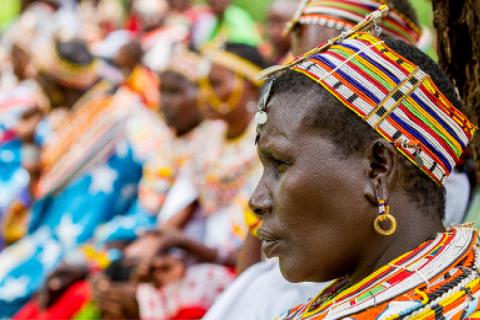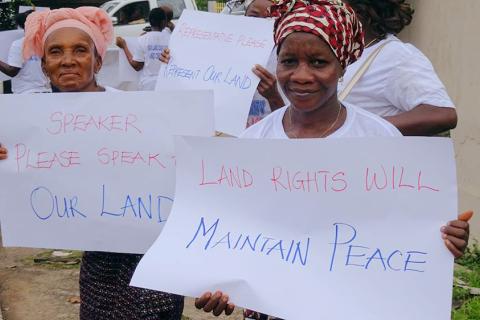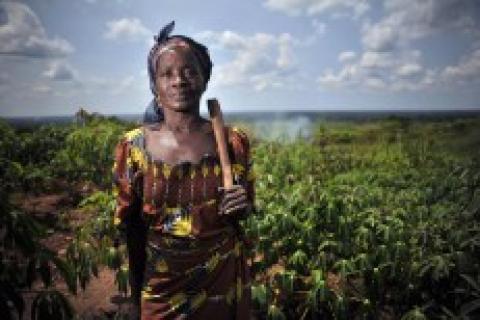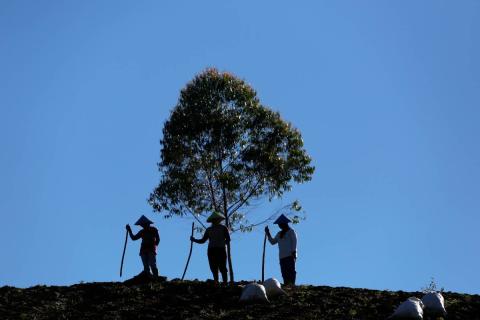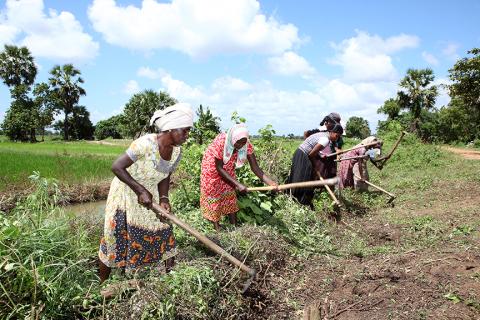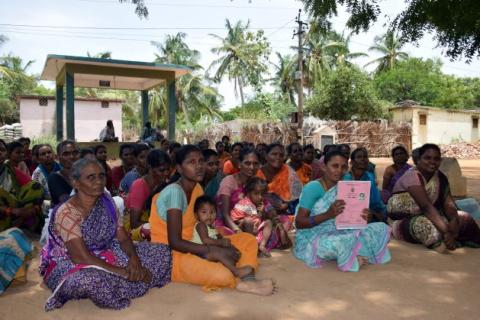The Land Reform Agenda for Kenya Webinar: A Summary
There is no doubt that land use and reforms are at the heart of Kenya’s political and economic future stability. In Kenya in particular, land has a central position in Kenya’s social, economic and political history. An estimated 75% of the country’s population depends on land for their livelihoods, making the ownership, management and control of the resource of great importance. Land is an enabler to support manufacturing, access to affordable and decent housing, universal health care, food security and nutrition.

